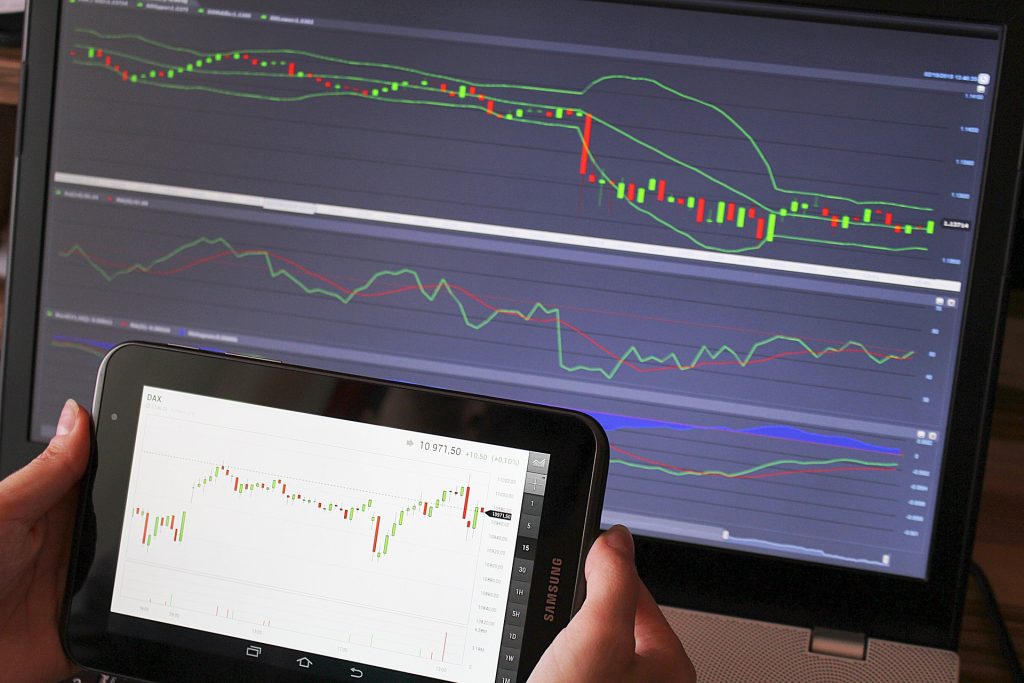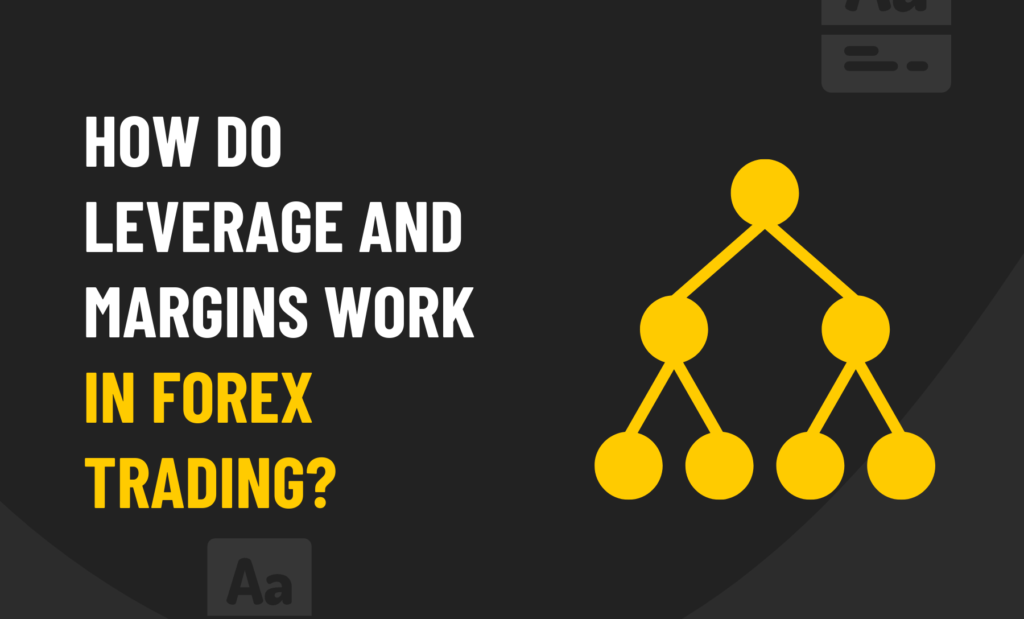Numerous expert traders like and frequently engage in forex trading. In addition to being one of the oldest trading marketplaces, it continues to be the most popular financial market, with a daily volume of over 5 trillion pounds.
More people want to engage in forex trading after hearing others preach success. There are more than enough reasons to participate, and you may be the next top trader!
However, starting a career in forex is not straightforward at all. You’ll have to learn a lot of complex terms and strategies if you’re looking to make decent profits by yourself. The journey won’t be easy either, and you’re likely to go through some challenging periods of heavy losses.
The more you learn in the beginner stage, the easier your journey will be. Two terms that you’re bound to come across are leverage and margins. These are both critical factors in forex trading so read on to learn more about them.
What Are Leverages And Margins?

Leverage is a financial tool that allows you to increase your exposure to price changes. Forex price movements are likely to be minor. Therefore, a few pips of price gain on a £100 account will only make your pennies.
Instead, the size of the contract is decided by a deposit or margin when using leverage. The margin is a small proportion of the entire amount transacted. The broker provides the additional money.
For example, if you open a trade with a £1000 margin but leverage it, the transaction value is £100,000. Because you’re trading at 100 times your margin, you have a leverage of 1:100.
The margin can also be defined as the amount of money you borrow from your broker or trading platform. Margin trading is the practice of using leverage or borrowed funds to trade.
How Can They Benefit You?
You may also use leverage to trade in both ways. You can use leverage to short the market, signaling that you anticipate declining the price. This provides you with more options in your trading strategy and helps you maximize profits.
Forex markets will also provide more effective leverage rates than other markets. As a result, when trading forex, you may improve your profits significantly.
As a beginner, you will most likely have a smaller account, which means you will have to leverage to create significant earnings and build your account.
However, the prospect of higher earnings is accompanied by the chance of increasing losses. Because leverage may increase losses and earnings, you must carefully manage your risk.
Before you start using margin trading, you need to be confident in your trading strategy. If you’re unsure of what you’re doing, it’s pretty easy to wipe out hundreds or even thousands from your account.
A piece of advice is to try and stay away from colossal leverage ratios. Some trading platforms will have offers as high as 1:400 ratios. Although it offers the prospect of higher profits, it’s advisable to stay away from these. A 1:400 will result in a massive fluctuation in the amount in your account. If the trade doesn’t go your way, you’re highly vulnerable.




